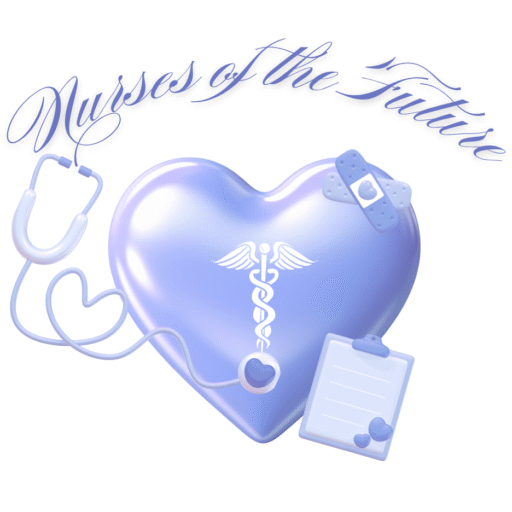by Jasmeen Grewal 6/28/25
Let’s raise awareness about PTSD. Read more to find out its symptoms and causes. Scroll down for more resources.
SYMPTOMS
- Flashbacks—reliving the traumatic event, including physical symptoms, such as a racing heart or sweating
- Recurring memories or dreams related to the event
- Distressing thoughts
- Physical signs of stress
- Symptoms of PTSD usually begin within 3 months of the traumatic event, but they sometimes emerge later
- Staying away from places, events, or objects that are reminders of the experience
- Avoiding thoughts or feelings related to the traumatic event
- Being easily startled
- Feeling tense, on guard, or on edge
- Having difficulty concentrating
- Having difficulty falling asleep or staying asleep
- Feeling irritable and having angry or aggressive outbursts
- Engaging in risky, reckless, or destructive behavior
- Trouble remembering key features of the traumatic event
- Negative thoughts about oneself or the world
- Exaggerated feelings of blame directed toward oneself or others
- Ongoing negative emotions, such as fear, anger, guilt, or shame
- Loss of interest in previous activities
- Feelings of social isolation
- Difficulty feeling positive emotions, such as happiness or satisfaction
- Vivid flashbacks (feeling like the trauma is happening right now)
- Intrusive thoughts or images
- Nightmares
- Intense distress at real or symbolic reminders of the trauma
- Physical sensations such as pain, sweating, nausea or trembling
CAUSES
- PTSD can develop from experiencing a traumatic event like combat, accidents, physical or sexual assault, natural disasters, or being held hostage
- Seeing someone else experience a traumatic event, such as a violent assault or death, can also trigger PTSD
- Even learning about a traumatic event that happened to a close friend or family member can, in some cases, lead to PTSD
- Individuals with a history of prior trauma, especially during childhood, are more susceptible to developing PTSD after a new traumatic event
- The severity and duration of the traumatic event, as well as the presence of injury or perceived threats, inherited mental health risks (like a family history of anxiety or depression), personality traits, and how the brain regulates stress hormones can also play a role in life, can influence the likelihood of PTSD.
- A lack of social support after a traumatic event can increase the risk of developing PTSD
- Existing mental health conditions like anxiety and depression can also increase the risk of developing PTSD
- Experiences like abuse or neglect during childhood have been linked to a higher risk of PTSD later in life
- Repeated exposure to traumatic events, such as in cases of domestic violence or ongoing abuse, can significantly increase the risk of PTSD
RESOURCES
- The NAMI HelpLine is available Monday through Friday, 10 a.m. – 10 p.m. ET. Call 800-950-6264, text “NAMI” to 62640, or email at helpline@nami.org.
- View the NAMI HelpLine Resource Directory, which provides links to a variety of mental health resources, including those for PTSD and trauma
- Main: 703-524-7600
- Member Services: 888-999-6264
- National Alliance on Mental Illness
- Resources for Clinicians Related to the Clinical Practice Guideline for the Treatment of Posttraumatic Stress Disorder in Adults
- Telephone: (800) 374-2721 or (202) 336-5500
- American Psychological Association
- ADAA links to a PTSD mobile coaching app (from the US Department of Veteran Affairs).
- ADAA provides a directory of local mental health professionals.
- ADAA lets you search for PTSD support groups in your area or walks you through the steps to start your support group.
- ISTSS provides a Clinician Directory that allows you to search for a mental health professional based on your location, doctor’s specialty, special interests, demographics, and language.
- National Center for PTSD (NCPTSD): https://www.ptsd.va.gov/
- Substance Abuse and Mental Health Services Administration (SAMHSA): https://www.samhsa.gov/find-help/ptsd
- Mental Health America has a resource directory for local support
- Sidran Institute offers a Help Desk to find personalized, compassionate support
- If you are a veteran, contact the Veterans Crisis Line at 1.800.273.8255 for assistance locating a mental health facility near you
- PTSD Alliance
- 800-698-2411, Hours: 24/7
- For VA.gov technical support, select 9, then 3. Or, call us directly at 866-279-3677.
- U.S Department of Veteran Affairs
